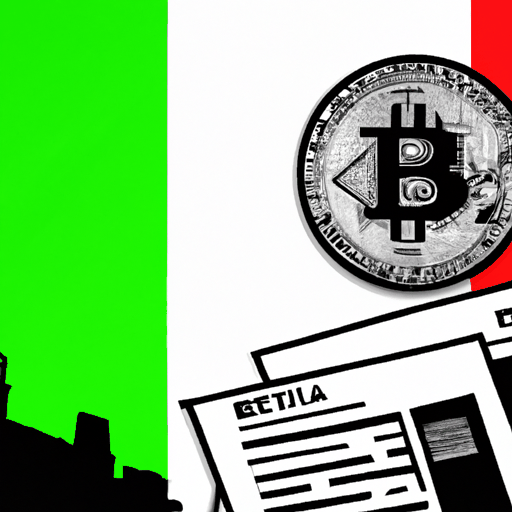
Italy's Proposed Crypto Tax Hike Sparks Debate
By: Eliza Bennet
The Italian government has announced a plan to significantly increase the capital gains tax on Bitcoin and other cryptocurrencies, boosting it from the current 26% to 42%. This initiative, introduced by Deputy Finance Minister Maurizio Leo during a conference on October 16, 2023, positions Italy among the highest-taxing countries globally for crypto assets. The proposed hike reflects Italy's response to the growing adoption of cryptocurrencies, especially Bitcoin, signaling the government's intent to tap into this sector for increased revenue.
The decision contrasts with earlier promises by Prime Minister Giorgia Meloni to avoid new tax increases, aiming instead for more targeted adjustments within niche sectors like crypto. Meloni had previously assured citizens that there would be no broad tax hikes but emphasized investments in healthcare and support to vulnerable sectors funded by taxation from banks and insurance companies. However, the direct implications on the crypto market suggest an attempt to balance fiscal policies with the need to regulate a rapidly evolving technological landscape.
Implications for the Crypto Market
Market reactions to these developments have been mixed, with the Italian crypto community expressing concerns over the potential negative impacts of such a tax policy. Comparisons have been drawn with India, where similar tax policies led to a noticeable decline in digital asset trading volumes. This development has already sparked discussions among crypto users in Italy about relocating to countries with more favorable crypto taxation laws, such as the United Arab Emirates, which recently exempted all crypto transactions from value-added tax.
Tether's CEO, Paolo Ardoino, a prominent figure within the cryptocurrency industry, has openly criticized the proposed tax hike. Ardoino argues that imposing higher taxes on cryptocurrencies inversely correlates with the growth of the sector, suggesting that such measures might push crypto users and businesses away from Italy. The sentiment across the community hints at a broader concern that tightening financial regulation could stifle innovation and growth within Italy's burgeoning technological sectors.



